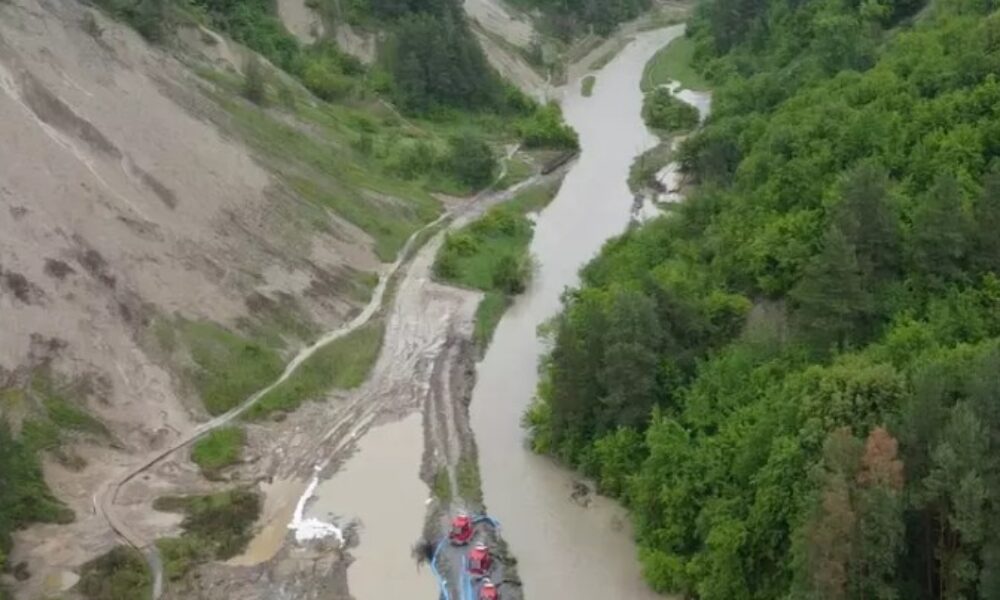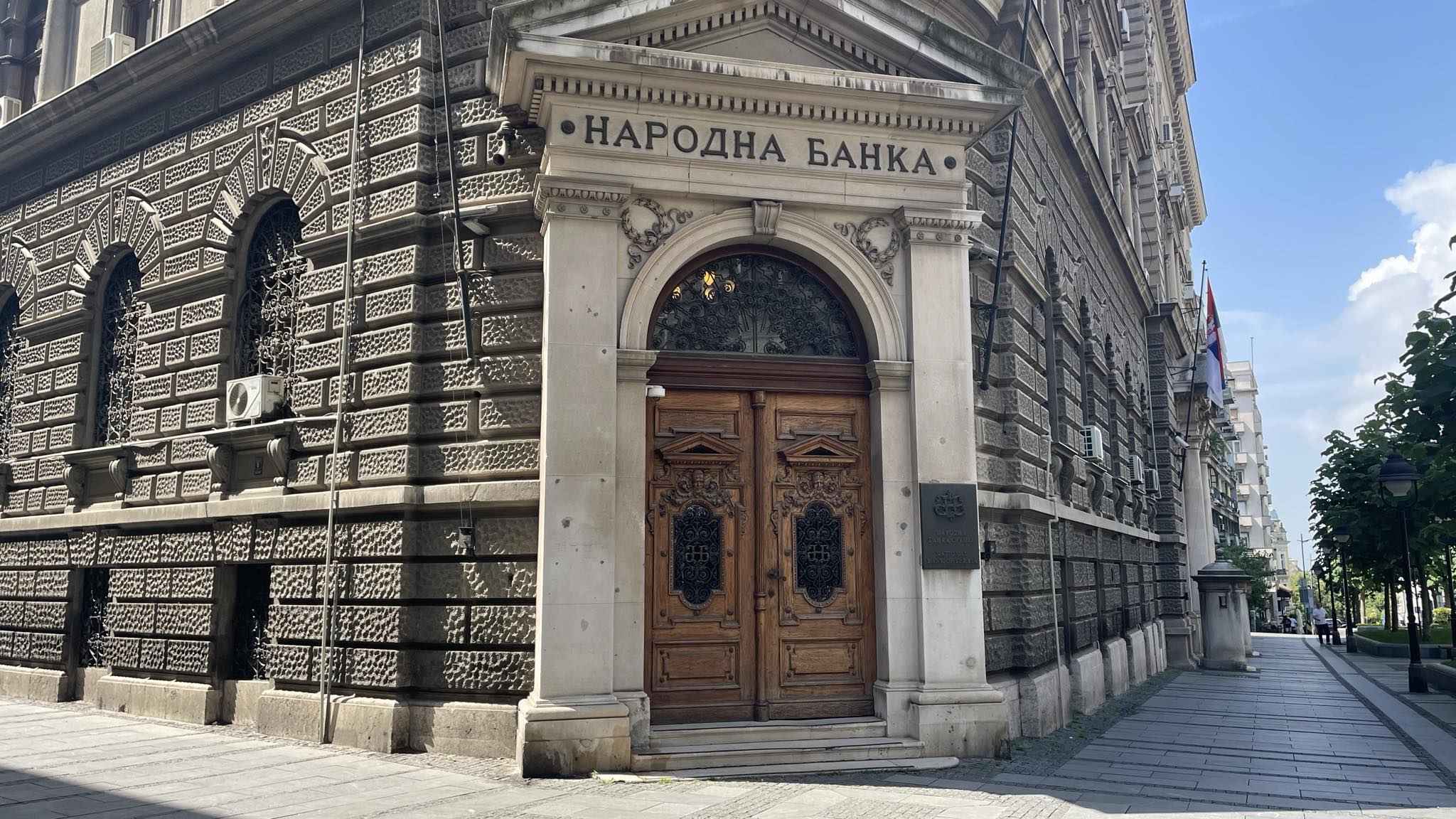‘Let’s create disruption in this election campaign’
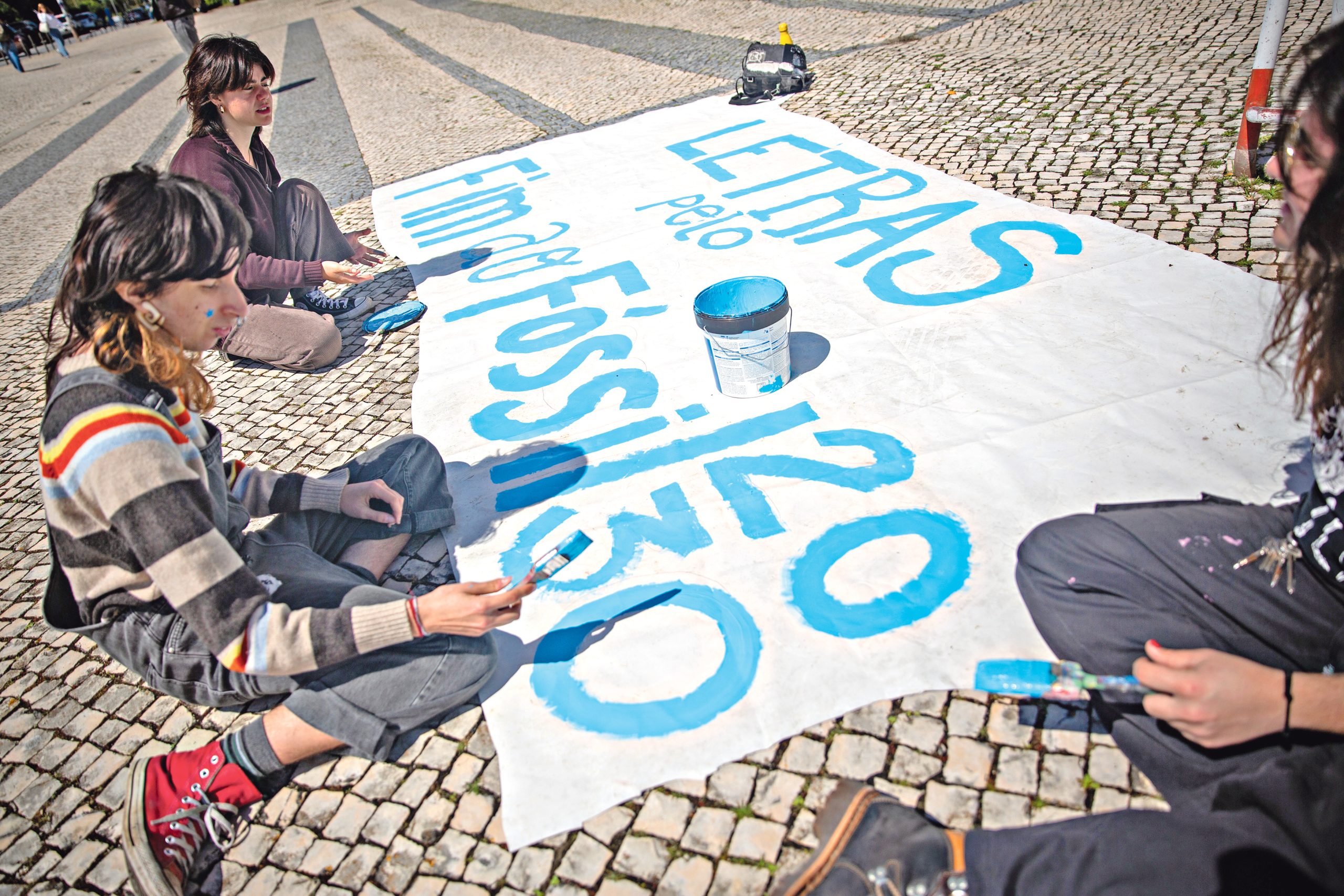
Preparations have already begun for the next manifestation of the Lisbon Student Climate Strike Collective scheduled for April 28 to the Assembly of the Republic (AR), which requires the Government to commit to the Student Charter for the end of the fossil by 2030. It is recalled that the document, with more than 900 signatures, requires the presentation of ‘a plan to end the burning and use of fossil fuel to this. Year, « through a fair transition that does not harm those who have not caused the climate crisis that the whole population faces. »
Towards the Assembly of the Republic
It is 11 hours and the first students of the Lisbon Faculty of Letters have already started to arrive at the University City to paint the posters and lanes that will be used that day. According to 20-year-old Matilde Ventura, a collective spokesman and also a member of the University of Lisbon Faculty of Letters (Flul) nucleus where he is taking the General Studies course, which was planned before the fall of the government of Luís Montenegro would be that the students would come out of classes and all march together to the Prime Minister’s official residence. «We would then occupy and paralyze schools over a period of two weeks or more until the government is committed to as it is in the letter. As the government has fallen, it makes no sense to paralyze schools to pressure a government that does not exist, ”he begins by explaining the sunrise.
They then had, according to the young activist, to adapt « what would be the most honest thing. » «When I say ‘honest’, we mean looking at reality and realizing what will happen. We really want to have actions that are consequent and not just a concentration here, a demonstration there, scream things and go home. It doesn’t work! We have very little time to change everything, because the climate crisis is only getting worse, ”he says.
« Let’s do what we call ‘lock-out’-tactic inspired by social and student movements against apartheid and US civil rights, » he said. The students of each of the schools involved in the movement will leave classes, march together to José Fontana Square -in front of Liceu Camões -and when they are all together, they will go to the Assembly of the Republic, with several stops in the middle. “Students from various schools, from universities, to the School of Theater and Cinema, to students from EB1 Camões, younger. Our goal is to have a student assembly at the end in front of the Assembly of the Republic, to plan the next three weeks, ”he reveals.
According to Matilde, how young activists will not paralyze school and « there will be an election campaign that is not connected to the times we are living, » the goal will be to « create disruption in this election campaign. » « How is it possible to be in 2025 and there is an election campaign where parties don’t talk about cutting emissions, waging the climate crisis? » «We want to show that this is not a campaign that is happening in ‘normal’ times and that political parties must end the fossil by 2030 in its electoral program to have legitimacy to be government. If not, they won’t have! If these people have no intention of safeguarding us, protecting and locking the climate crisis, they will not be a legitimate government, ”he argues.
During the afternoon of Tuesday, a group of students from the Final Movement to the Fossil by 2030 went to the headquarters of the PS, PSD, PCP, BE, Pan and Free, in Lisbon, to deliver the letter that also sent by email to the liberal initiative, leaving only the arrival, which the students consider to be « the fossil system custody dog ».
The young woman admits that the collective still does not know which actions will do during the weeks of the election campaign, as the assembly that will take place on the 28th « will bring much more clarity. » « This is where we have all the students … and we always want to make decisions in the most horizontal and consensual way possible, » he explains.
Radical and hypocritical?
The collective is known for the actions involving ‘throwing ink’ and occupying and paralyzing schools. When they did for the first time (in 2022), they were inspired, he adds in May 68: “It’s all done with a lot of dialogue and organization. We are very inspired by the past. There is a lot of creativity when we discuss what to do. Students are organized in the Lisbon Student Climate Strike space and have a weekly organization meeting in which they are representatives of each nucleus.
Arthur, also a student at the Faculty of Letters, of the General Studies course, has already been convicted once for occupying FLUL in 2022. “If I have I don’t know how many fines, but get that they abound the climate crisis, I spend my entire life to pay fines. This means that we are touching the wound! ”He says.
Questioned if these actions are not too ‘radical’, the 21-year-old activist argues that ‘radical is to condemn us to death.’ “Everything we did and do is different and confronted. It is something that people are not used to seeing, but not radical. We are fighting for the world. The protests are made to disturb. If they do not bother, we are just walking down the street, ”he adds. And Mónica, 22, a student of the same course, agrees: “There are many violent things in the world. Violent were the full of Valencia. It scares me. Our protests only show urgency. When we shoot ink, it is a way for people to stop and realize. It is not in order to hurt, ”he says.
One of the biggest counterarguments that young activists receive is that they use smartphones, travel by plane, have cars or wear fast-fashion clothes. There are even those who accuse them of being hypocritical.
«They accuse us of having iPhones, good clothes, sometimes even bathing. We are all individuals who are within this struggle, but are also inserted in a capitalist society. I shower, because I like to be clean. I use the mobile phone because I want to communicate with people. We are pointing our fingers to each individually, it does not seem fair to me, ”laments Monica.
Think the future
At the Faculty of Letters a Poster Workshop begins at the Faculty of Social and Human Sciences of the New University of Lisbon (FCSH). Jessica, 22, a medical student at the New Medical School, is sitting on the floor along with three other young people who write ‘fight phrases’ on card pieces. It has been part of the movement for three years. “At this moment what we know is that the global North has to end the extraction and use of fossil fuels and only five years left. We are not inventing. This is the deadlines of science. We have all the legitimacy of being fighting. In 2019, we were told that it was an emergency, but at this moment what give us is indifference or repression, ”he says. “As a medical student it is unthinkable to be learning to treat people when I know that in 2040 we will not be able to live. How will it be later? How will a national health system work that is already collapsing? How am I going to treat people?
André listens carefully and asks to intervene. It has 23 students and is a student of the Master of Contemporary History at (FCSH). “I’m from Montemor O’Neo, I have grandparents in Ribatejo, I see things to dry, every once in a while I need to let an area die because there is no water anymore. It’s a slow agony, ”he says. «We have a United Nations that serves to create a large consortium that has an input of all authorities in different areas related to the climate around the world. They squeeze it all and produce reports. Scientific knowledge, recommendations is all there with the highest possible authority. Then it is a matter of doing, ”he says, referring to the Intergovernmental Panel on Climate Change (IPCC).
According to the young man « who is making decisions in a few years is in a home and does not want to know. » «I will live here until the end of this century. I don’t want to see my land being a Sahara. According to the UN forecast, there will be 1.2 billion refugees in 2050. This is more than the population of entire Europe. How will we handle it? The people of course have to flee. What is my alternative? What other life do I have for what to go? ‘
Jessica also clarifies that « stopping schools does not mean that we are responsible for what is happening. » «It’s a way of saying, ‘How can I go to my classes, knowing that there are comrades of mine who are dying in Congo or Luanda because there is no water, by the ground being fertile enough to have food. It is impossible to live our days as if everything was fine, ”he says.

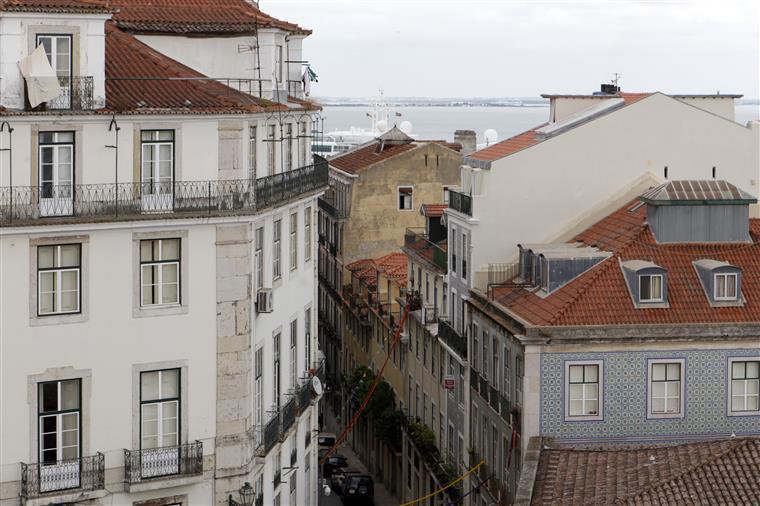

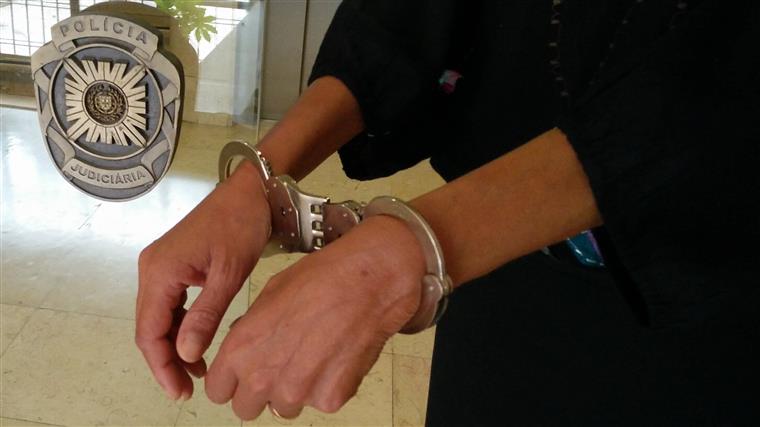
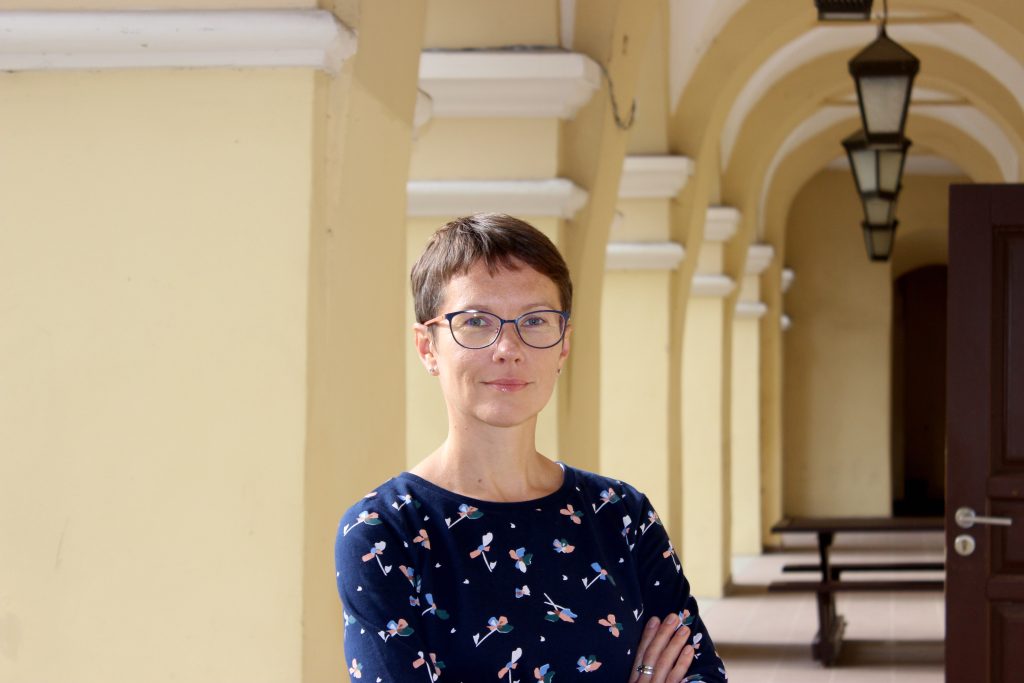
/s3/static.nrc.nl/images/gn4/stripped/data133163617-a42ac5.jpg|https://images.nrc.nl/jJsrEGsaa6ZjhIYoKDGnGcKrtjg=/1920x/filters:no_upscale()/s3/static.nrc.nl/images/gn4/stripped/data133163617-a42ac5.jpg|https://images.nrc.nl/fqPwGIbb-VQMf830hRTXbgZLcJY=/5760x/filters:no_upscale()/s3/static.nrc.nl/images/gn4/stripped/data133163617-a42ac5.jpg)
